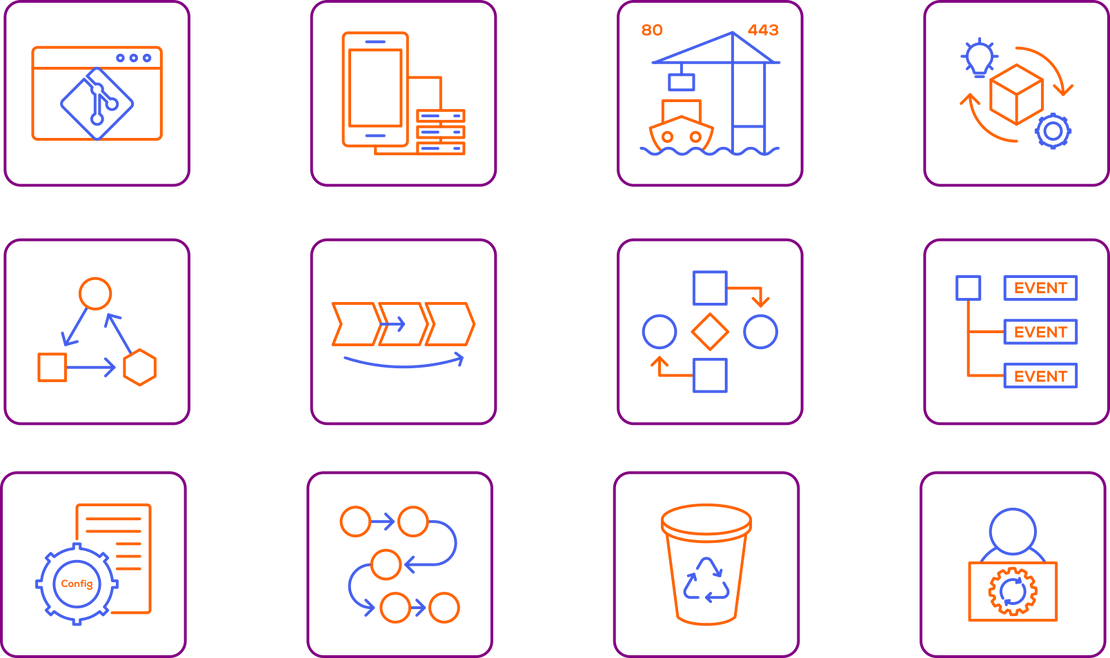
12-factor application principles and How to build by-them
- Haggai Philip Zagury (hagzag)
- Architecture , Microservices
- March 14, 2023
Table of Contents
- Codebase
- Dependencies
- Config
- Backing services
- Build, release, run
- Processes
- Port binding
- Concurrency
- Disposability
- Dev/prod parity
- Logs
- Admin processes
These 12 principles are the core of application which are designed to as a service, or as it’s known for in short SaaS.
Kubeexperience Chapter 2 - this was my take on the 12-factor application principles back in 2020
today I’m gotin to the 15-factor application principles, which are based on the 12-factor application principles in addition to some cloud native principles, not just SaaS …
2023 take on the 12-factor application principles
To be continued …

